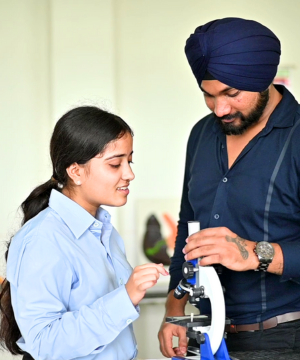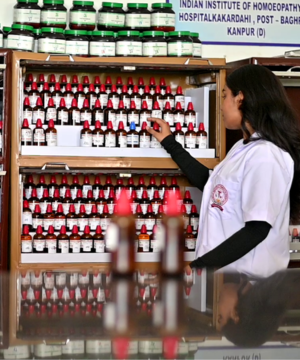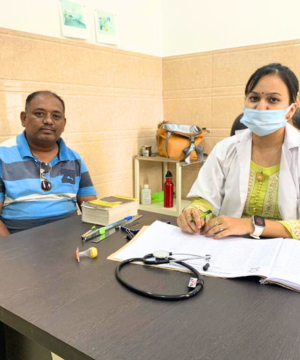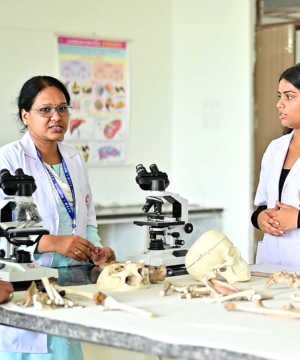Forensic Medicine involves the application of medical principles to solve legal questions, primarily in the investigation of deaths and injuries. Toxicology is the study of the adverse effects of chemicals on living organisms, encompassing the identification and understanding of poisons and their impact on the body. Together, these fields provide critical insights for legal investigations and public health.
Key Areas of Focus
Forensic Medicine
- Forensic Pathology:
- Examination of bodies to determine the cause and manner of death.
- Conducting autopsies and preparing medico-legal reports.
- Identification of wounds and injuries, and their implications for legal cases.
- Clinical Forensic Medicine:
- Assessment and documentation of injuries in living individuals.
- Providing expert testimony in cases of assault, abuse, and sexual violence.
- Examination of victims and suspects in cases of crime.
- Forensic Anthropology:
- Identification and analysis of human remains.
- Determination of age, sex, stature, and ancestry from skeletal remains.
- Understanding trauma and pathology in bones.
- Forensic Odontology:
- Application of dental science to identify human remains and analyze bite marks.
- Dental record comparison for identification purposes.
Toxicology
- General Toxicology:
- Study of the effects of toxic substances on the body.
- Mechanisms of action of various poisons and toxins.
- Understanding dose-response relationships and toxicokinetics.
- Analytical Toxicology:
- Techniques for detecting and quantifying toxic substances in biological samples.
- Use of chromatography, spectrometry, and other analytical methods.
- Interpretation of toxicological findings for legal and clinical purposes.
- Clinical Toxicology:
- Diagnosis and treatment of poisoning cases.
- Management of acute and chronic toxic exposures.
- Understanding antidotes and supportive care in toxicology.
- Environmental and Occupational Toxicology:
- Study of environmental pollutants and occupational hazards.
- Assessment of exposure risks and preventive measures.
Educational Objectives
- Theoretical Knowledge: Provide students with a comprehensive understanding of forensic medicine and toxicology principles.
- Practical Skills: Develop proficiency in conducting autopsies, analyzing injuries, and performing toxicological analyses.
- Legal Competence: Equip students with the ability to prepare medico-legal reports and provide expert testimony in legal cases.
- Research and Analysis: Encourage independent research to advance knowledge in forensic medicine and toxicology.
Curriculum and Teaching Methods
- Lectures and Seminars: Covering key topics in forensic medicine, pathology, and toxicology.
- Laboratory Work: Hands-on training in autopsy techniques, injury analysis, and toxicological testing.
- Case Studies: Analyzing real-world forensic cases to illustrate the application of theoretical knowledge.
- Field Visits: Visits to forensic laboratories, morgues, and crime scenes to gain practical insights.
- Mock Trials: Simulated court proceedings to practice delivering expert testimony.
Faculty and Resources
- Experienced Faculty: Educators and practitioners with expertise in forensic medicine, pathology, and toxicology.
- Laboratory Facilities: Well-equipped labs for conducting autopsies, toxicological analyses, and forensic investigations.
- Library Resources: Access to a wide range of texts, journals, and research papers on forensic medicine and toxicology.
Importance in Medical and Legal Education
The Department of Forensic Medicine & Toxicology is vital for training medical professionals who can apply their knowledge to legal investigations and public health issues. Understanding the principles of forensic medicine and toxicology is essential for accurate death investigations, injury analysis, and the management of poisoning cases.
By integrating medical expertise with legal requirements, this department ensures that graduates are well-prepared to contribute to the criminal justice system, public health initiatives, and clinical toxicology practice. The knowledge and skills acquired in this department are crucial for ensuring justice, improving public safety, and enhancing medical care in cases of trauma and poisoning.



